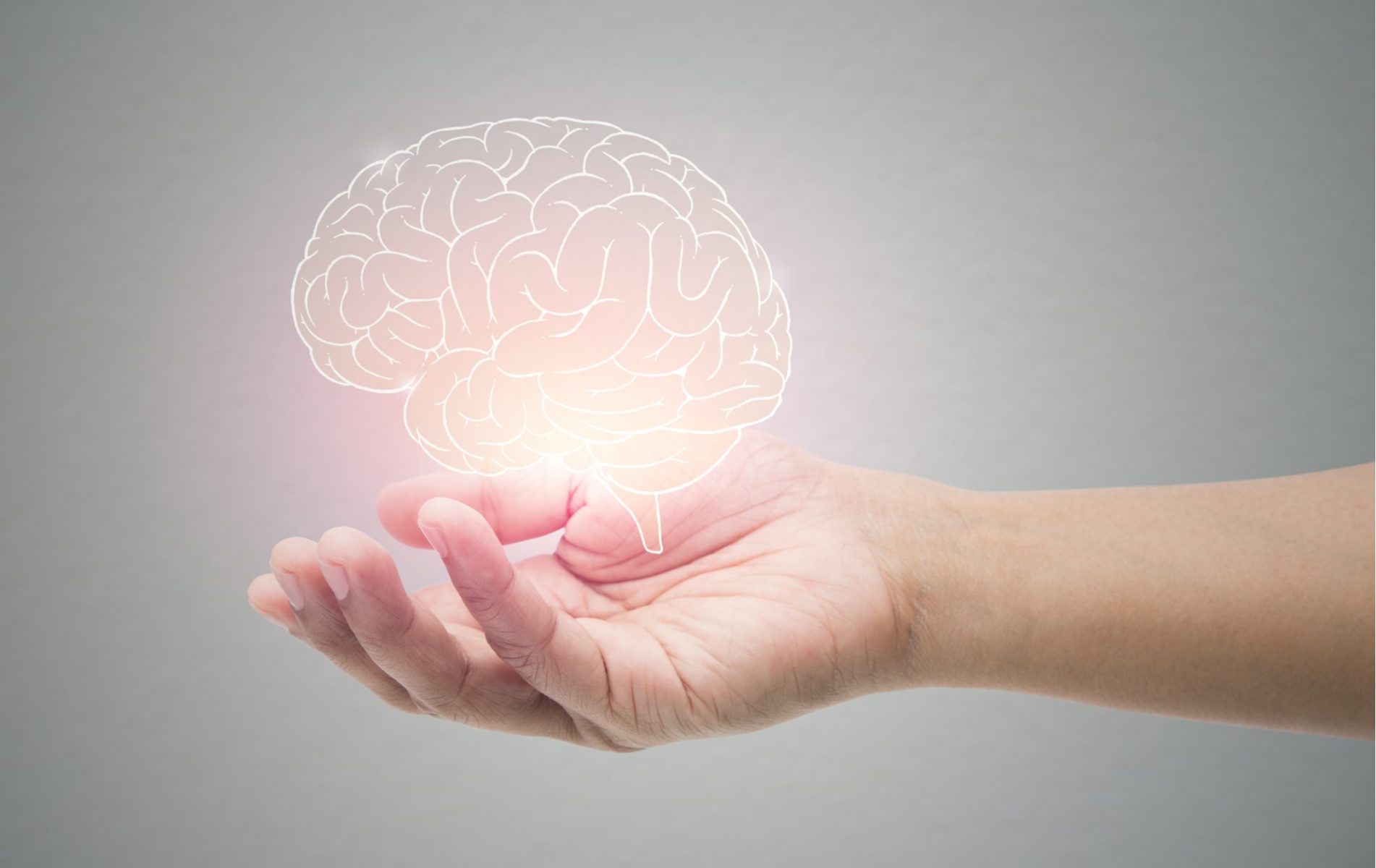A neurologist is a highly trained physician with specialized training in diagnosing and treating diseases of the brain, spinal cord, peripheral nerves, and muscles. Most of the time a primary care doctor refers patients to a neurologist if they have symptoms that indicate a neurological condition or unexplained symptoms.
 Neurological exam:
Neurological exam:
The purpose of the neurological exam is for the doctor to determine whether the findings lead to a specific neurological disorder.
After examination, tests may be needed to further the evaluation. 
Depending on the results of the individual tests, other examinations may be performed, possibly including measurement of electrical activity in the brain (electroencephalography, EEG), muscle activity (electromyography, EMG) or nerve conductivity (electroneurography, ENG). Imaging techniques such as ultrasound, computed tomography (CT) or magnetic resonance imaging (MRI) may be used. Sometimes a lumbar puncture (spinal tap) is necessary to take a sample of your cerebrospinal fluid (CSF).
Some physical symptoms of neurological problems may include the following:

- Migraines
- Change in speech
- Change in vision
- Movement disorders
- Partial or complete paralysis
- Muscle weakness
- Nerve pain including facial nerve pain
- Partial or complete loss or change in sensation
- Seizures or unexplained episodes
- Difficulty reading or writing
- Cognitive changes
- Pain in extremities, back or neck
- Numbness, tingling
- Unexplained pain
- Decreased alertness
- Dizziness
Some common neurological conditions include: 
- ALS
- Alzheimer’s disease
- Back pain
- Bell’s palsy
- Brain aneurysm
- Brain injury
- Brain tumor
- Cerebral palsy
- Chronic fatigue syndrome
- Concussion
- Dementia
- Disk disease of the neck and lower back
- Dizziness
- Epilepsy
- Guillain-Barré syndrome
- Headache – cluster
- Headache – tension
- Migraine
- Multiple sclerosis
- Muscular dystrophy
- Neuralgia
- Neuropathy
- Neuromuscular and related diseases
- Parkinson’s disease
- Psychiatric conditions (severe depression, obsessive-compulsive disorder)
- Scoliosis
- Seizures
- Spinal cord injury
- Spinal deformity
- Spinal disorder (subacute combined degeneration)
- Spine tumor
- Stroke
- Vertigo
| For a consultation, please call 941-485-2220 |

